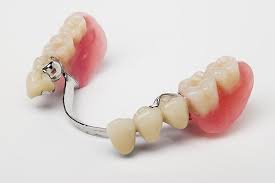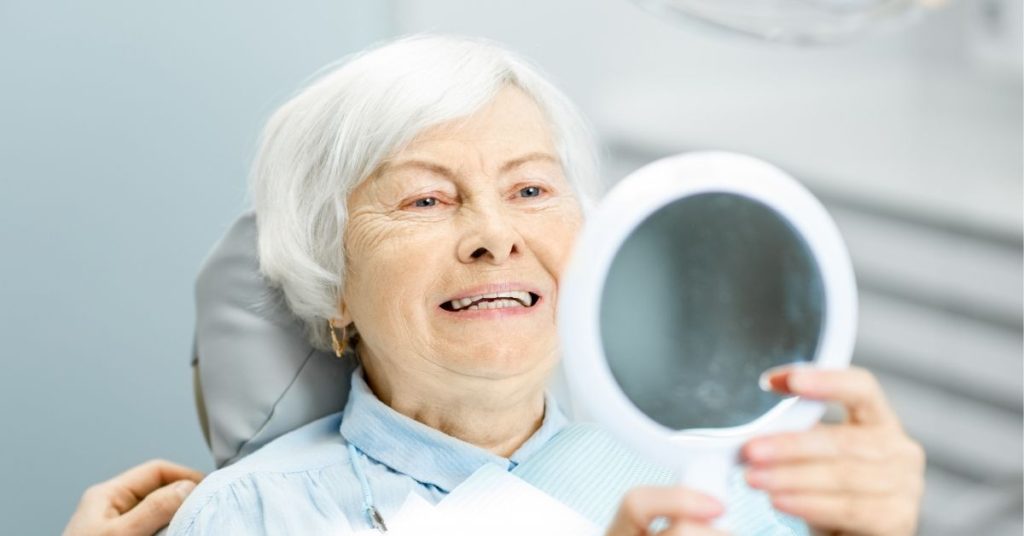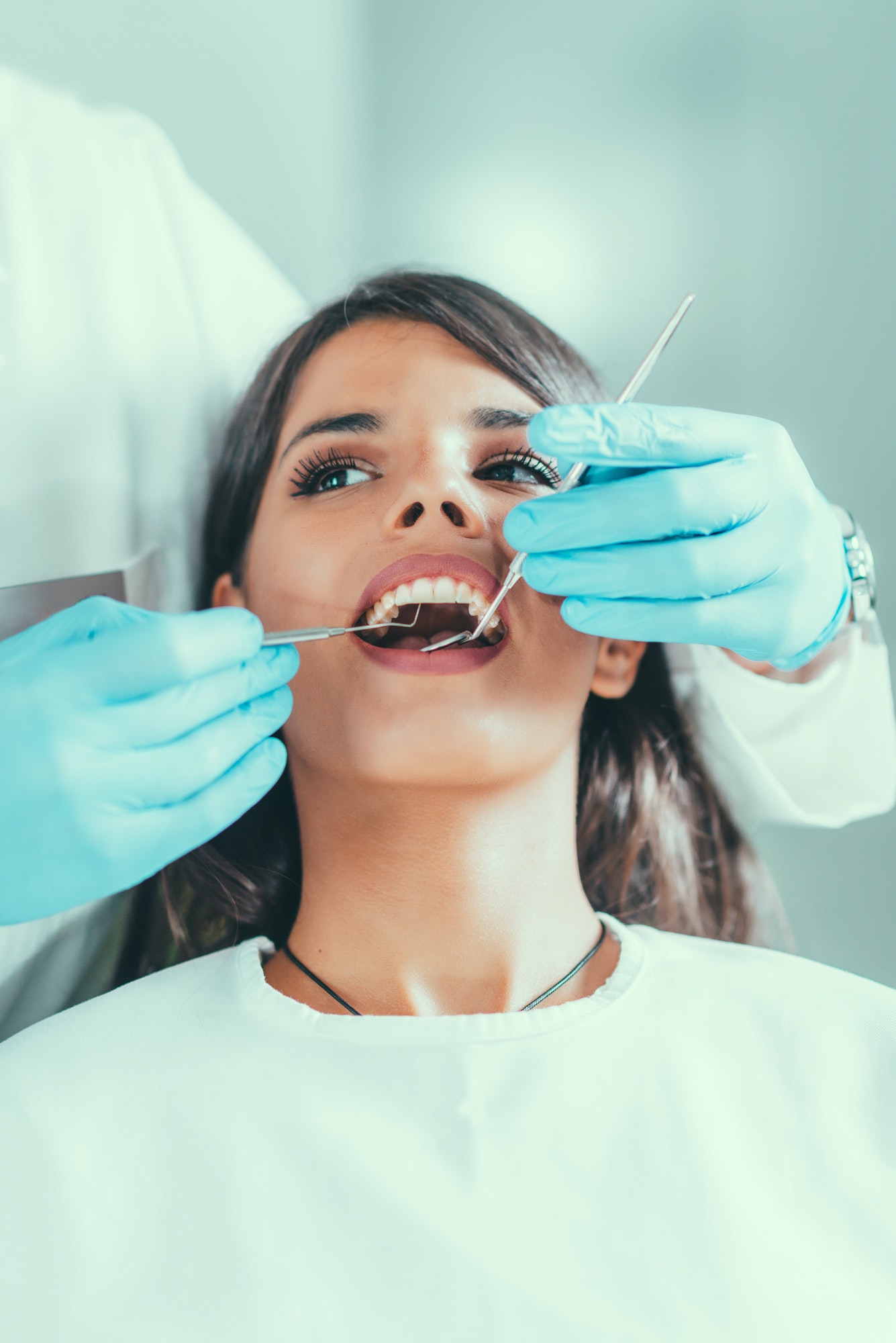- Dentistry Mosonmagyaróvár
A removable denture – also known as a denture – is a denture that the patient can remove and replace themselves. It is typically used for major tooth loss, when there are not enough teeth left in the mouth to support a fixed replacement, or when the existing teeth are no longer strong enough to support a fixed replacement due to bone loss. Removable appliances can be used to restore part or all of the prosthesis.

Removable dentures are quick, easy and affordable. They also offer a great benefit to any patient without the need for a good jawbone, for example. A correctly made removable denture is stable, comfortable to wear and more durable than porcelain dentures.
Depending on whether the denture covers part or all of the denture, it can be partially or fully removable. The parts of removable dentures are:
The base plate and teeth are usually made of acrylic plastic, sometimes with metal parts.
Depending on whether the denture covers part or all of the denture, it can be partially or fully removable. The parts of removable dentures are:

The part attached to the remaining teeth is glued to which the removable part is attached in a stable and aesthetic way.
A primary crown is bonded to the existing teeth, to which the removable restoration can be stably and aesthetically attached using secondary crowns.
Removable dentures are attached to the existing teeth by means of a bridge on sliding rails; most commonly used for replacing molars.
The prosthesis rests on the skeletal foundation of the mucosa, but is also supported by facial muscles, chewing and gravity; used in case of complete tooth loss.
Removable dentures that are attached to anchoring elements (e.g. so-called pontics) on implants.
A detailed assessment of the patient’s condition is required before any removable restorations are fabricated, including a CT scan if implants are placed. Then the main steps are as follows:
A removable prosthesis can be unfamiliar at first, especially if the tooth has been lost for a long time. The prosthesis should be inserted by regular chewing and eating in small bites. Speaking or reading aloud regularly is also helpful.
Removable dentures are recommended for all patients who want to replace missing teeth quickly, easily and inexpensively. There is no reason why removable dentures should not be used even if the patient’s jawbone is no longer in a satisfactory condition (mini-implants are used in implant-based removable dentures).
Removable restorations are usually made of acrylic resin with metal elements. This makes them extremely durable and generally more durable than traditional porcelain restorations.
Removable dentures are comfortable and tissue-friendly, allowing them to be worn all day – including at night – and only need to be removed for cleaning.
Just like your own teeth, removable dentures need regular cleaning to maintain the long-term health of your mouth and the aesthetic appearance of your dentures. In addition to conventional oral care products, you should use a denture cleaner once or twice a week.
A well-made removable prosthesis fits firmly in place, making it comfortable for most patients to wear. Pressure, pain and hearing problems may initially occur while adjusting to the prosthesis, but this is only temporary.

Fill out the form, click the login button, and we will contact you soon.
Dr. Bekő Gabriella
Implanmed © 2022. All rights reserved!